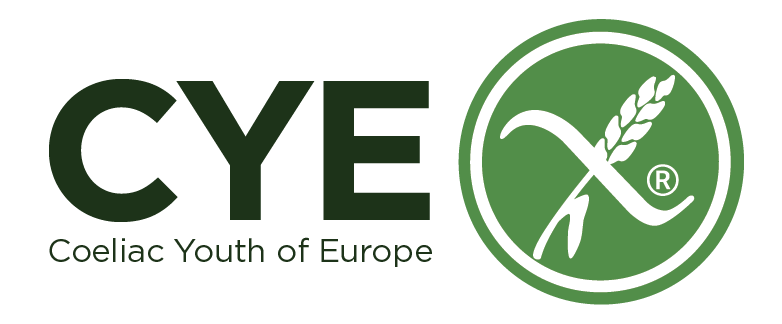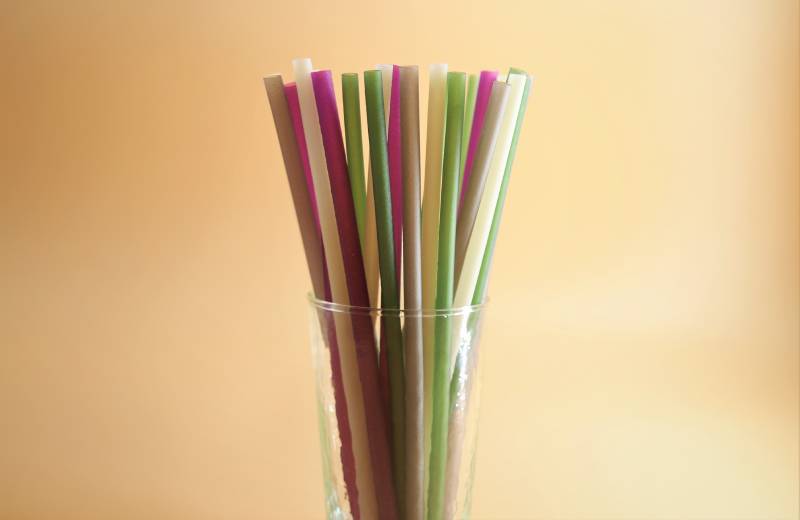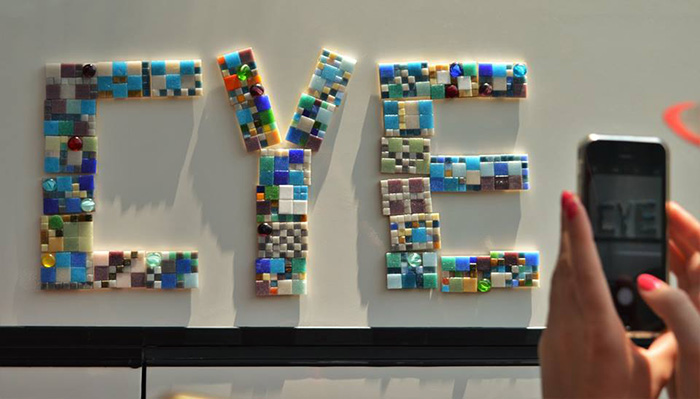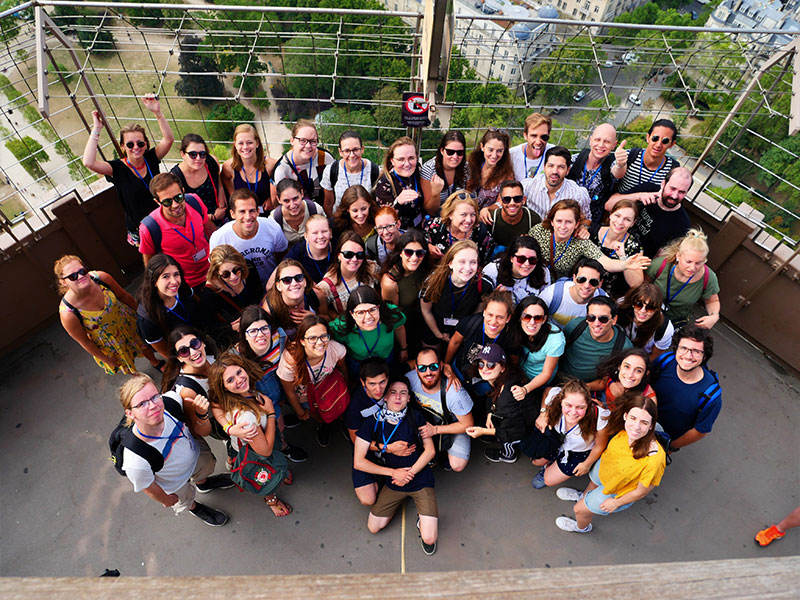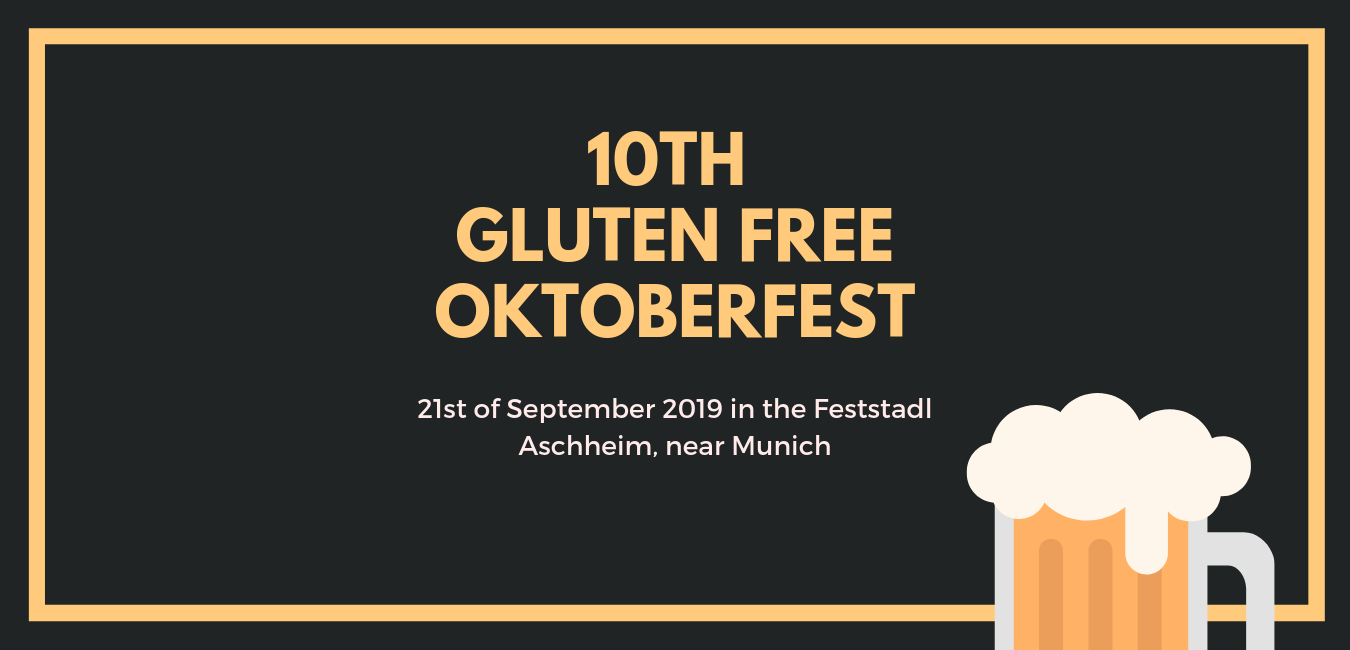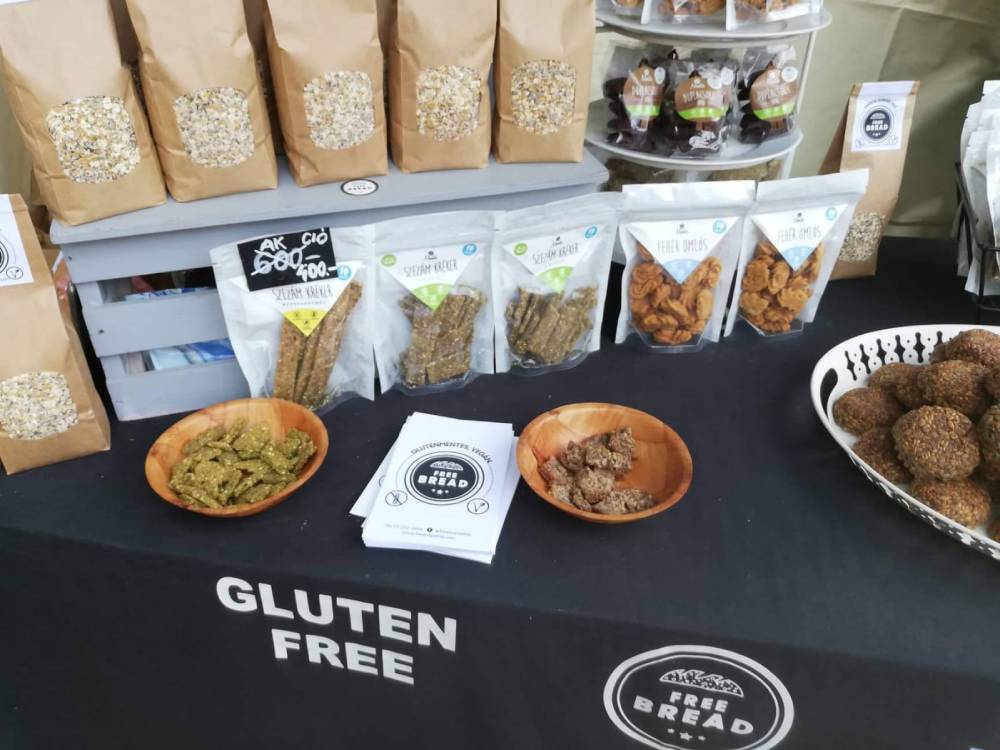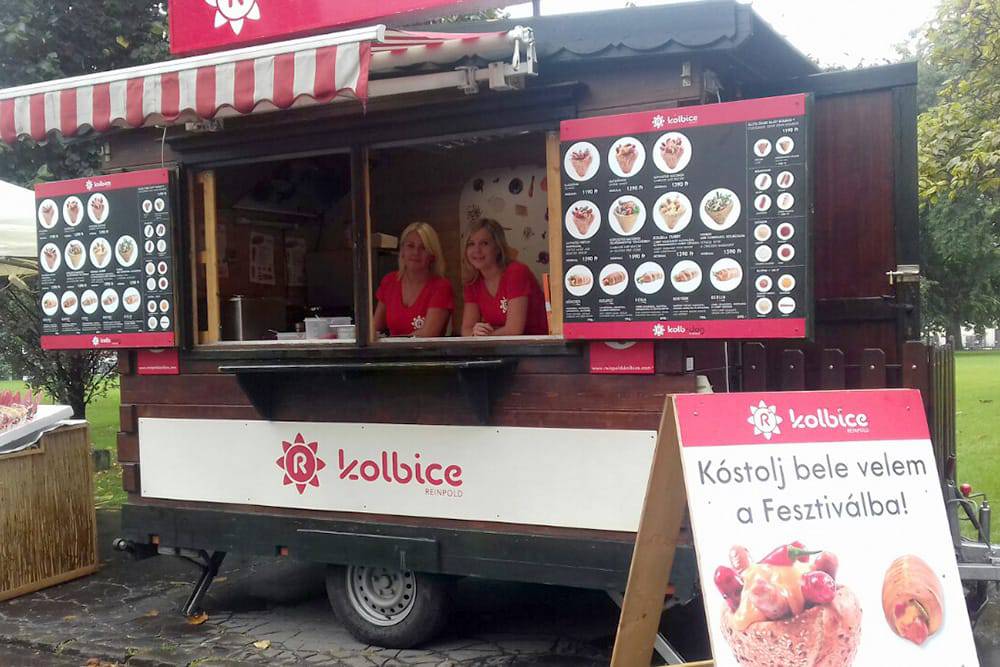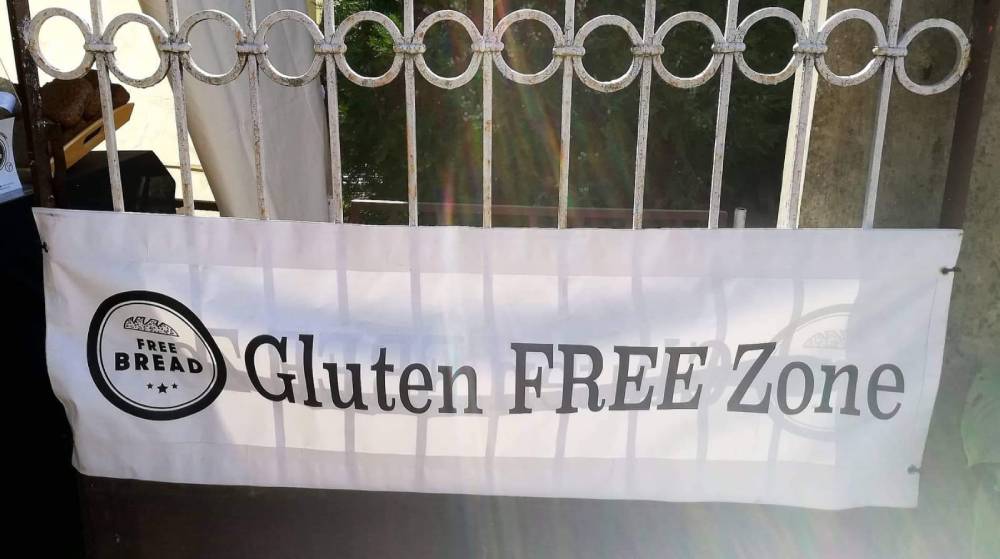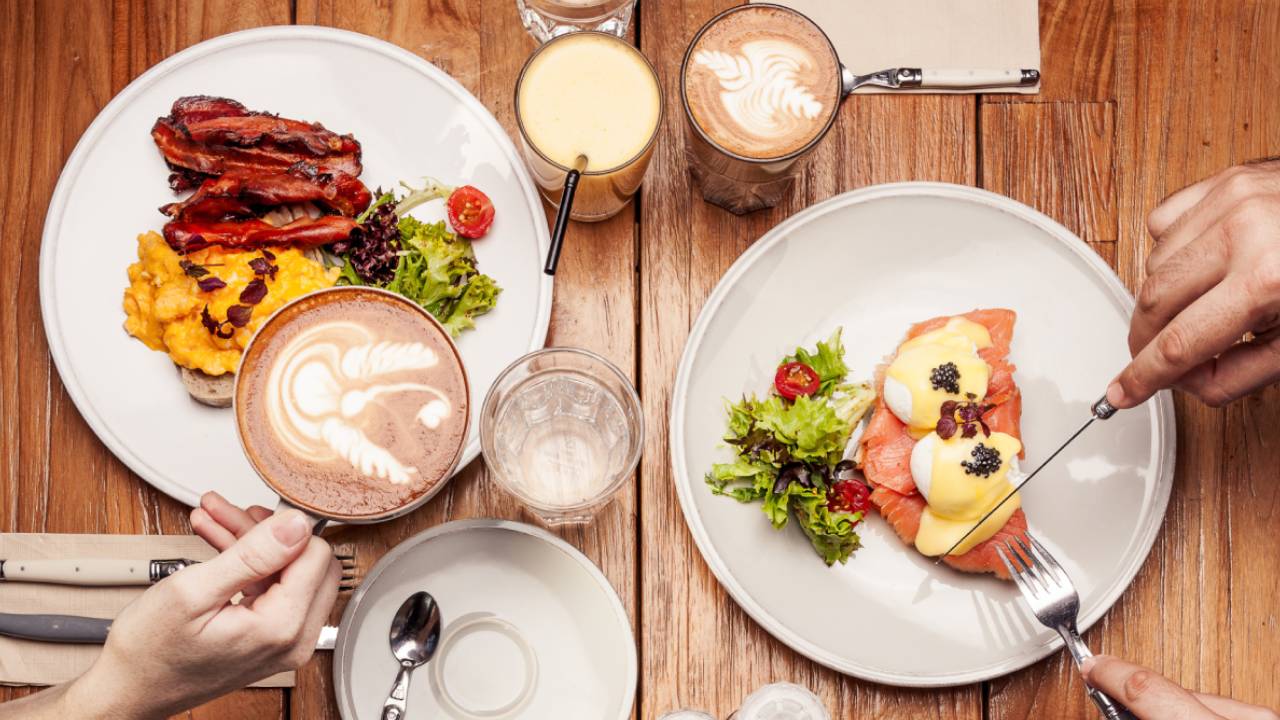We are sad to announce that due to the current COVID-19 situation, the CYE Summer Camp 2020 scheduled in Italy from the 26th July to the 1st August has been cancelled.
This certainly has not been an easy decision by the Italian organising team, however given the current situation, it is one that we can all understand.
Next Steps
Fear not, Summer Camps are here to stay. We are currently planning a number of meetings to discuss our next steps. We will have more details in the coming weeks.
